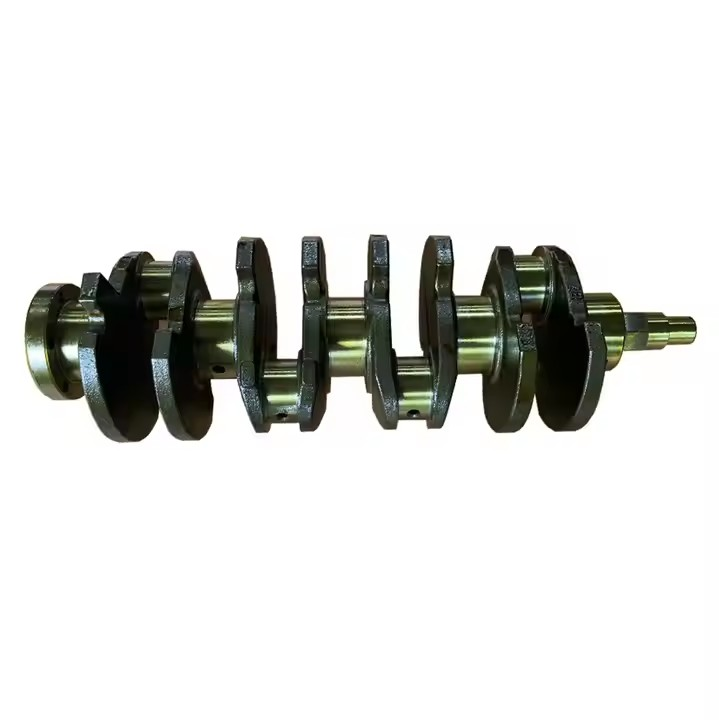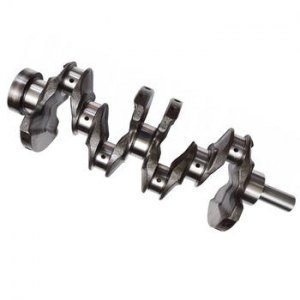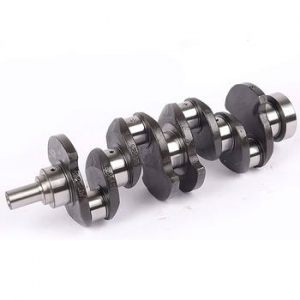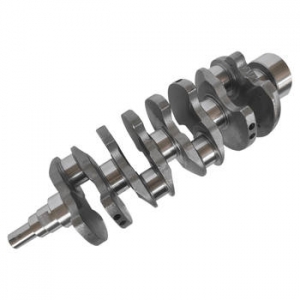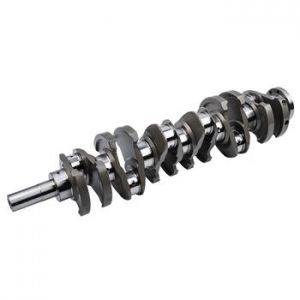Crankshaft Failure: An Overview
The crankshaft is a critical component of your vehicle's engine. It converts the linear motion of the pistons into rotational motion, which drives the wheels of your car. However, like any other mechanical component, the crankshaft is susceptible to wear and tear, leading to failure. Crankshaft failure can result in significant engine damage and costly repairs. In this article, we will discuss the causes, symptoms, and prevention of crankshaft failure.
Causes of Crankshaft Failure
Several factors can contribute to crankshaft failure. Some of the most common causes include:
- Wear and tear: Over time, the crankshaft can become worn or damaged due to normal use. This is especially common in older vehicles or those with high mileage.
- Improper lubrication: The crankshaft relies on proper lubrication to function smoothly. If the engine oil is low or the wrong type of oil is used, it can cause premature wear and eventual failure.
- Overloading: Putting too much stress on the engine, such as towing heavy loads or driving at high speeds for extended periods, can cause the crankshaft to fail.
- Manufacturing defects: In some cases, crankshaft failure may be due to a manufacturing defect or a faulty part.
Symptoms of Crankshaft Failure
It is essential to be aware of the symptoms of crankshaft failure so that you can address the issue before it leads to more severe damage. Some of the most common symptoms include:
- Engine vibrations: If the crankshaft is damaged or worn, it can cause the engine to vibrate excessively.
- Knocking or tapping noises: These noises can be a sign that the crankshaft bearings are worn or damaged.
- Low oil pressure: If the crankshaft is not functioning properly, it can cause a drop in oil pressure.
- Difficulty starting the engine: If the crankshaft is damaged, it may be difficult to start the engine or it may stall frequently.
Preventing Crankshaft Failure
While crankshaft failure can be a serious issue, there are steps you can take to prevent it. Regular maintenance and inspections can help catch potential problems before they become more serious. Additionally, using the correct type of oil and changing it regularly can help ensure proper lubrication and reduce wear and tear. Finally, avoiding excessive stress on the engine, such as towing heavy loads or driving at high speeds for extended periods, can help prolong the life of the crankshaft.
Conclusion
Crankshaft failure is a serious issue that can lead to significant engine damage and costly repairs. By understanding the causes, symptoms, and prevention of crankshaft failure, you can take steps to protect your engine and avoid unnecessary expenses. Regular maintenance, proper lubrication, and avoiding excessive stress on the engine are all crucial factors in preventing crankshaft failure. If you suspect that your crankshaft may be failing, it is essential to have your vehicle inspected by a qualified mechanic as soon as possible.

